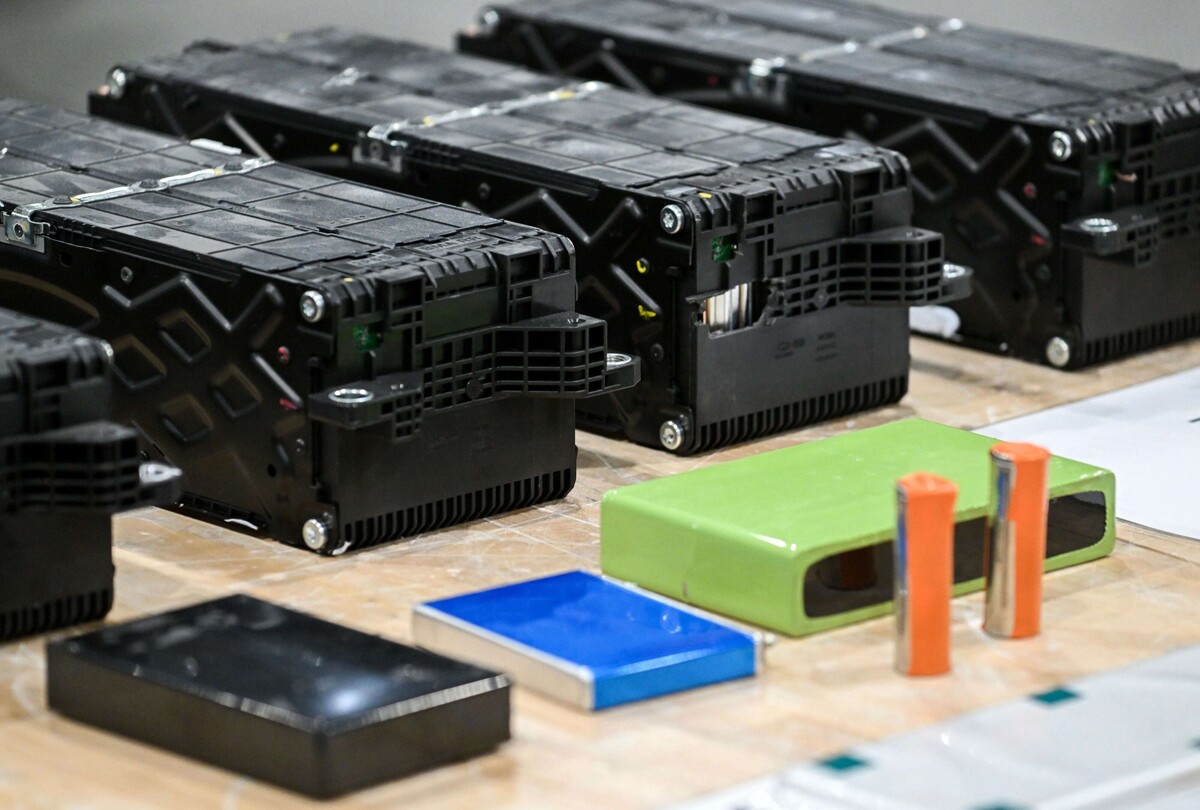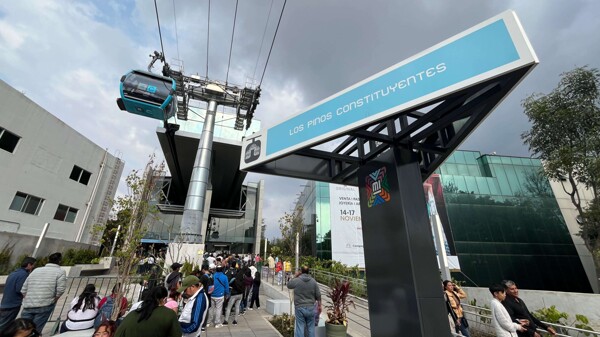
Lithium batteries are a key component in our daily lives, from smartphones to electric vehicles. However, their use also carries significant risks in terms of fires and explosions. Installing early suppression sprinkler systems can help control fires and prevent their spread, keeping adjacent batteries cool and avoiding uncontrolled reactions.
To minimize risks, it is important to consider various strategies. First of all, it is crucial to limit the charge of stored batteries to less than 60%. Additionally, investing in advanced protective technologies, such as better insulation, can increase safety in storage facilities, reducing the risk of incidents.
Developing effective smoke detectors that can identify gases generated before an uncontrolled reaction occurs in lithium batteries is essential. This measure provides critical time for intervention, which can save lives and properties. Integrating these systems with automatic sprinklers allows for faster and more effective emergency responses.
Moreover, having advanced protective technologies, such as proper ventilation, is key to containing fires by reducing the accumulation of toxic and explosive gases. The implementation of early detection systems is also essential, as once an uncontrolled reaction in lithium-ion batteries begins, stopping it becomes nearly impossible.
According to the Mexican Association of Insurance Agencies (AMIS), between 2015 and 2020, fire premium payments exceeded those for damage caused by hurricanes and earthquakes. Therefore, it is urgent to promote research and development in this area to better understand the challenges and mitigate the risks associated with lithium batteries.














